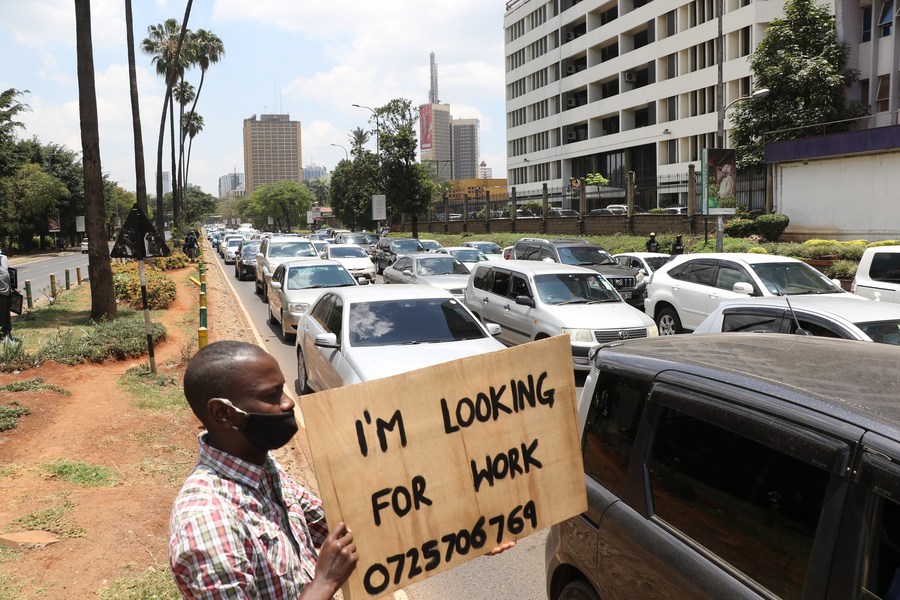
Kenyan economy contracts for first time since 2008, COVID-19 responsible

Kenya’s economy contracted for the first time in almost 12 years in the second quarter as the impact of the coronavirus pandemic battered key sectors.
Gross domestic product fell 5.7%, compared with growth of 4.9% in the three months through March and expansion of 5.3% in the same period a year earlier, the Kenya National Bureau of Statistics said Thursday on its website. The median of six economists’ estimates in a Bloomberg survey was for a contraction of 2.3%.
Kenya confirmed its first COVID-19 inflection in mid-March and later imposed a partial shutdown. Key foreign-income earners including tourism and exports, such as tea, flowers, fruits and vegetables bore the brunt of these measures due to lockdowns in key markets and global travel restrictions.
“The poor performance in the quarter was characterized by substantial contractions in accommodation and food services, education, taxes on products, and transportation and storage, which consequently occasioned the significant downturn,” the KNBS said.
Africa’s third-biggest economy last had a contraction in the third quarter of 2008, when post-election violence caused a drop in output of 1.6%, data from the statistics office show.
The second quarter may have been the low point for the Kenyan economy. Leading indicators for the three months through September point to a strong recovery in activity and the central bank sees GDP growth of 3.1% for the year, according to Governor Patrick Njoroge. The International Monetary Fund revised its GDP forecast this month to growth of 1% from an earlier projection of a 0.3% contraction for the year.
While the economy appeared to be on a recovery path, it is unlikely it will register growth this year, according to Mark Bohlund, a senior credit research analyst at REDD Intelligence.
“We deem it likely that the Kenyan economy will contract in 2020 for the first time since 1993,” he said in emailed comments.






